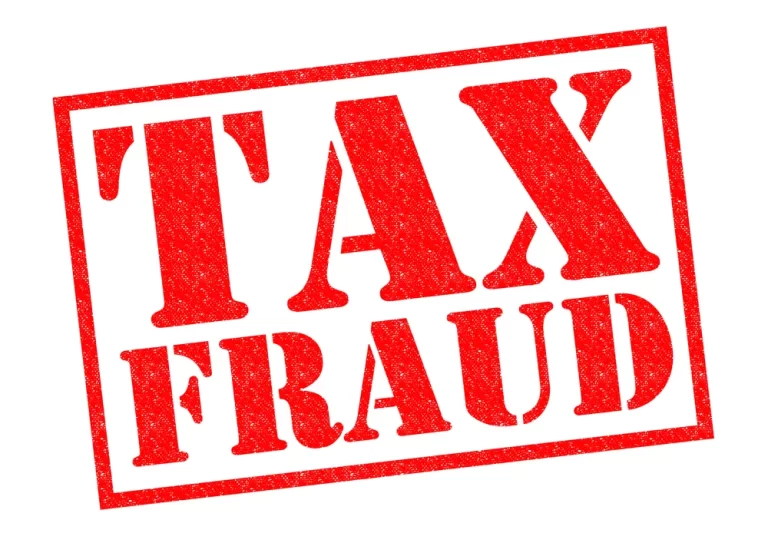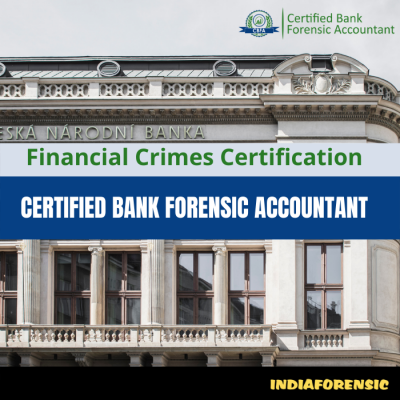In today’s world of money matters, it’s really important to follow tax rules. Taxes are a big deal for any country because they pay for things like schools and hospitals. But sometimes, people or businesses do tricky things to avoid paying taxes. This isn’t fair because it means less money for the government and some people get an unfair advantage. This is where tax forensic audit comes into play. Let’s delve into the Certified Tax Fraud Analyst course offered by Riskpro, designed to equip individuals with the skills to combat tax fraud effectively.
Understanding Tax Forensics
Tax forensic audit, often referred to as tax forensics, is a specialized field of financial investigation that focuses on detecting and investigating tax fraud and evasion. It involves a meticulous examination of financial records, transactions, and tax-related activities to identify discrepancies, irregularities, and fraudulent schemes. The goal of tax forensic audit is to ensure that taxpayers, whether individuals or businesses are paying the right amount of taxes in compliance with applicable tax laws.
Why Tax Forensic Audit is Necessary?
Tax fraud poses significant challenges to governments worldwide. When individuals or businesses evade taxes, it results in different challenges. Tax Forensic Auditors help the revenue departments to recover the hidden income.
- Revenue Loss: Governments rely on tax revenues to fund essential services such as healthcare, education, infrastructure, and defense. Tax fraud reduces the available resources, affecting the quality and availability of these services.
- Unfair Competition: Businesses that engage in tax evasion gain an unfair competitive advantage over those that follow tax laws diligently. This can stifle fair market competition and harm economic growth.
- Erosion of Trust: Tax fraud erodes public trust in the tax system and government institutions, potentially leading to decreased voluntary compliance and an increase in the underground economy.
- Legal Consequences: Engaging in tax fraud can result in serious legal consequences, including fines, penalties, and even imprisonment.
The Certified Tax Fraud Analyst Course by Riskpro
Riskpro, a company that helps people manage risks and follow the rules, has a special course called Certified Tax Fraud Analyst. This course teaches you important skills to stop tax fraud. If you want to help stop people from cheating on their taxes, this course can help you a lot.
Highlights of Tax Forensics Course
This course stands out because it focuses on teaching investigation methods that can assist both direct and indirect tax authorities. Additionally, it covers
- Understanding Tax Laws: The course begins with a solid foundation in tax laws and regulations. Participants learn about the intricacies of tax codes, deductions, exemptions, and reporting requirements.
- Forensic Techniques: Participants are introduced to forensic accounting and investigative techniques used to uncover tax fraud. They learn how to analyze financial records, detect anomalies, and gather evidence.
- Data Analysis: In the digital age, data analysis is a crucial aspect of tax forensics. The course covers data analytics tools and techniques to identify suspicious patterns and trends in financial data.
- Case Studies: In this course, you’ll learn from real-life examples of tax problems. These examples show us how to investigate tax fraud. We’ll look at cases where things went well and cases where they didn’t. It helps us understand how to deal with tax issues in the real world. It also talks about the Tax Avoidance schemes such as Irish Double Dutch Sandwich.
- Ethics and Compliance: Ethics play a significant role in tax forensics. The course emphasizes ethical considerations and compliance with professional standards.
Tax forensics is a critical component of the course offered by Riskpro. Participants delve deep into the world of tax investigations, applying forensic techniques to uncover hidden tax fraud schemes. By focusing on “Tax Forensics,” individuals can enhance their understanding of this specialized field and become skilled Tax Fraud Analysts.
Conclusion
Tax fraud is a global issue that impacts governments, businesses, and individuals alike. Tax forensic audit plays a pivotal role in identifying and preventing tax fraud, ensuring that the tax system remains fair and equitable. Riskpro’s Certified Tax Fraud Analyst course equips individuals with the expertise to combat tax fraud effectively, making a positive contribution to the integrity of tax systems worldwide. So, if you’re interested in becoming a Tax Fraud Analyst and making a difference in the world of taxation, consider enrolling in Riskpro’s comprehensive course today. Unlock the world of tax forensics and be part of the solution to combat tax fraud.


